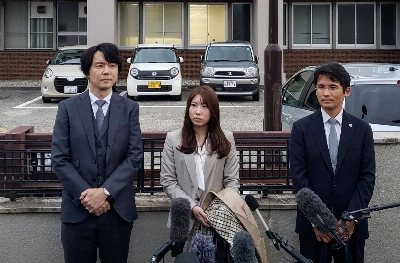Meta
John Barry Kotch
Aug 12, 2001
Jun 15, 2001
Apr 12, 2001
Mar 20, 2001
Feb 24, 2001
Feb 3, 2001
Dec 30, 2000
Dec 21, 2000
Nov 4, 2000
Oct 26, 2000
Sep 28, 2000
Aug 6, 2000
Jul 26, 2000
Apr 25, 2000
Apr 14, 2000















